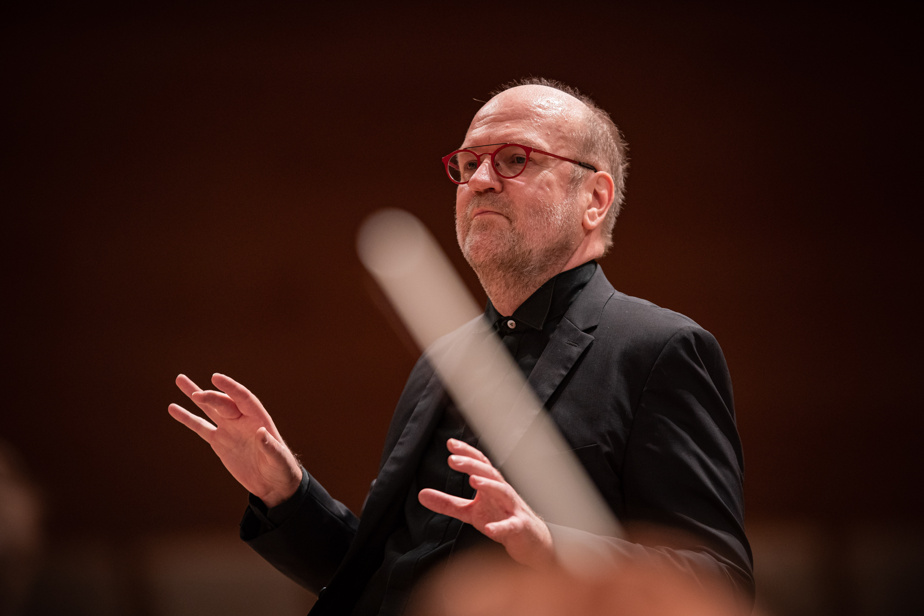The Orchester symphonique de Montréal concert on Friday evening was one of the events of the musical season. Chef Bernard Labadie lived up to his reputation in La Création de Haydn.
The last performance in Montreal of this flagship oratorio by the Austrian composer dates back to a year before the start of the pandemic, with the Violons du Roy and its conductor Jonathan Cohen.
This time it was the conductor emeritus of the Violins who was on stage at the Maison symphonique, but with the OSM and its choir, as well as soprano Miah Persson, tenor Andrew Haji and bass James Atkinson.
As with Les Violons du Roy, Labadie judiciously opted for a pianoforte to ensure the recitatives, giving it, however, in the other pieces, a place which seemed to us more discreet than with Cohen.
The choir, made up of professionals, was quite impressive, showing real ease in the treble (even in the held A) and vocalizations (amazing Stimmt an die Seiten).
Labadie may well direct seated, his direction retains the freshness of a young man. One may well find that such a vivace could have been slightly more lively (the trio with chorus Der Herr ist groß in seiner Macht or the chorus Vollendet ist das große Werk) or such andante more balanced (aria with chorus Nun schwanden vor dem heiligen Strahle) , there are still details in this large fresco magnificently executed by the chef.
The overture, depicting the chaos preceding the divine spark, is a veritable technicolor tableau, with every detail of this rich largo standing out in three dimensions. The string sounds sometimes seem otherworldly, as in Uriel’s recitative In vollem Glanze, where softly sepulchral basses are heard pianissimo before the Mit leisem Gang.
We must also mention the trio of soloists, to whom is entrusted the lion’s share in the oratorio. Swedish soprano Miah Persson is something of a hybrid between fellow mezzo-soprano Anne Sofie von Otter (who she even physically resembles) and soprano Gwyneth Jones. A beautiful voice in general, but also quite acid at times. It seems to us that this work benefits from being entrusted to a more crystalline voice.
We have often said all the good things we think of the Anglo-Canadian tenor Andrew Haji, whom we are lucky enough to hear relatively often in Quebec. He too lived up to his reputation, with a voice that was always round and light, well projected, and excellent diction.
A great discovery that British bass-baritone James Atkinson, a voice that seems to reconcile opposites: powerful and soft at the same time, fine and full-bodied at the same time. Hopefully we’ll hear it again.
